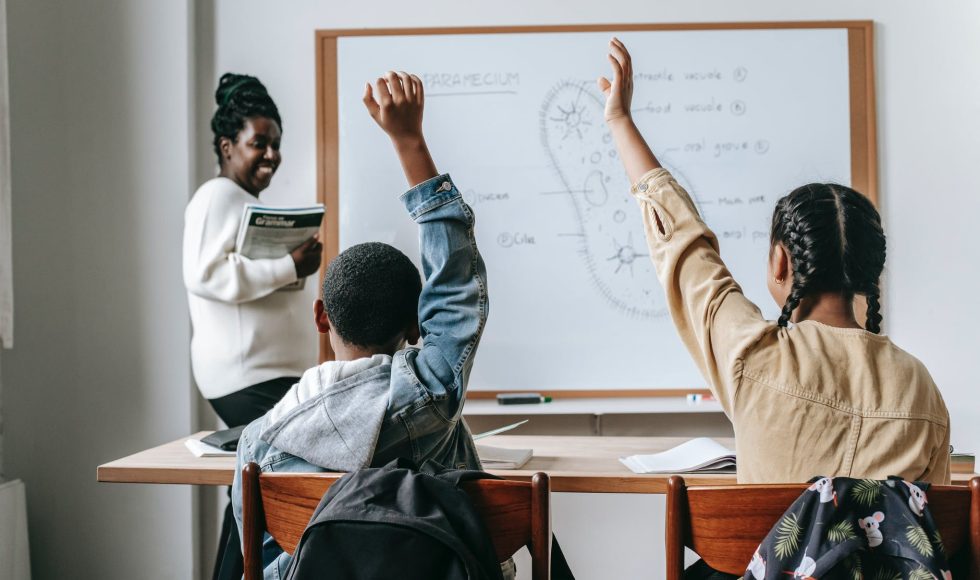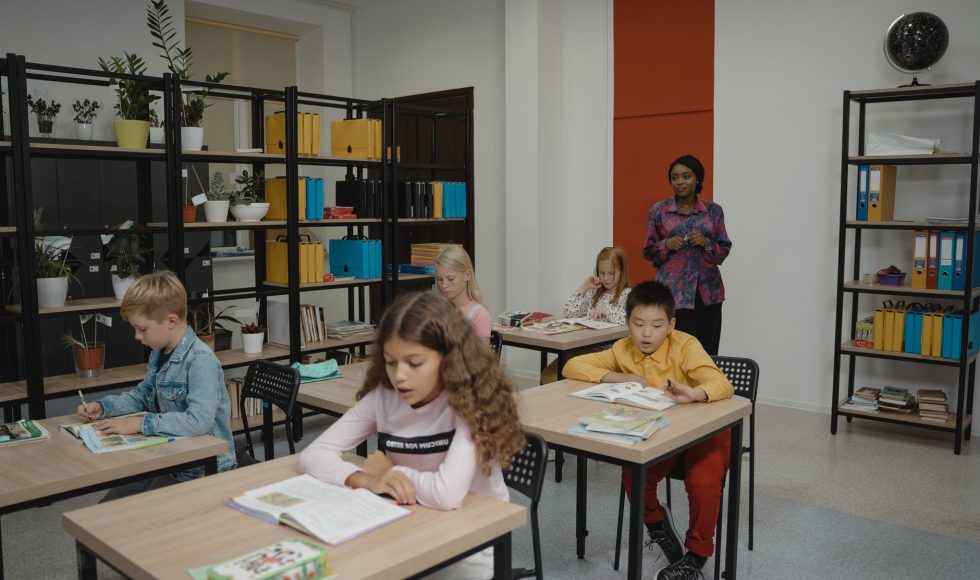Dr. Lisa McDonnell is an Associate Teaching Professor at UC San Diego and was on the Online with LSE webinar series to discuss a recent publication about “Identifying Troublesome Jargon in Biology.” I like how Online with LSE is now having graduate students moderate the sessions! McDonnell began by highlighting how there is a lot […]
Drs. Shavonne Shorter and Robert J. Green from Bloomsbury University have a great program to support marginalized students. As we prepare for our summer programs, I watched this session again this evening with Amada (and bedtime routine). The title of Shorter and Green’s 2020 Lilly Conference asynchronous session “Increasing Marginalized Student Success Through the Frederick […]
Amanda Petersen from the University of California San Diego presented at the 2020 Lilly Conference on “Through the Social Justice Lens: Cases from Language and Literatures” with colleagues. Petersen talked about the use of social justice language pedagogy in introductory courses. I did not think about this. Petersen defined social justice language pedagogy as: Social […]
Dr. Aaron Gierhart from Columbus State University presented at the 2020 Lilly Conference online on course design, theory, and course participation during the pandemic. Gierhart shared their career experiences and family life. Gierhart completed a doctoral dissertation in February 2020 on narrative studies of five elementary school teachers that integrated technology in different ways at […]
Drs. Laura Cruz, Joan Middendorf, and Karen Bellnier presented a 2020 Lilly Conference online recorded session focusing on difficulties and opportunities in online courses framed using research. Where do students get stuck in their learning in courses you teach? Is it analyzing research articles? How is it different when teaching online… or right now during […]
Jimmy Fleming from PowerNotes presented at the 2020 Lilly Conference about the use of this software for writing support. I had not heard about PowerNotes before, and use Hypothes.is in several courses for article annotation. PowerNotes is different: users can highlight text, tag/classify it, and summarize it in a PowerNotes project. It also records references […]
Dr. Megan Lupek, Director of the Environmental First Year Program at NC State University, gave a recorded presentation for the 2020 Lilly Conference online about a project I had heard about, but hadn’t learned about the details! Dr. Lupek collaborated with a friend and colleague Dr. Zakiya Leggett to create an assignment to engage students […]
Drs. Greta Freeman and Brooke Hardin from USC Upstate presented at the 2020 Lilly Conference on Text Sets. Freeman and Hardin are both faculty in the School of Education with extensive experience as teachers and in literacy. I didn’t know about text sets, and as the name suggests, these are collections of texts on a […]
Gregory Allar presented an asynchronous Lilly Conference session last year about annotating readings using Hypothes.is for deeper learning. Allar mentioned annotating creates “anchored context for conversation”. Allar went on to describe how they use Hypothes.is in several courses and a variety of assignments. Allar uses annotation for engagement and so that students interact with texts […]
Katie Greer from Oakland University discussed critical pedagogy and critical literacy during an asynchronous session at the Lilly Conference. Greer discussed a course they teach as a general education requirement with several really useful assignments and tips! The idea of students as partners, co-creators, and new experts resonates with me! I took away these great […]











